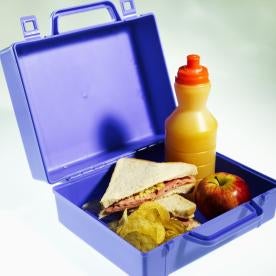The Fifth Circuit Court of Appeals, which has jurisdiction over Texas, Louisiana and Mississippi, ruled recently that security guards’ “off-the-clock” meal periods may be compensable when they were required to travel for 10 to 12 minutes from their work stations to get their meals. Naylor v. Securiguard, Inc., No. 14-60637 (5th Cir. Sept. 15, 2015) available here.
The private security guards in Naylor were required to leave their work sites and travel to other locations for meals or breaks in order to preserve the appearance of the worksite. The court reasoned that a jury could find this mandated transit time predominately benefited the employer, rather than the employee, making it compensable under the Fair Labor Standards Act (“FLSA”).
The court noted that, when this mandated round trip travel time to break areas was only a few minutes in duration, it is “de minimis” and would not transform the 30-minute break to compensable time. However, at some point, employer-mandated travel time during an employee’s lunch break shortens the length of the break enough to make it a compensable “rest” period. Under the FLSA, “rest” periods of 20 minutes or less are generally compensable because they are considered to benefit the employer by rejuvenating the employee. Ten to twelve minutes of transit time cut too much into the “lunch breaks.”
Significantly, the court did not set a bright line rule for the precise number of transit minutes an employer may require away from the work station during a lunch break before the entire break becomes compensable.
The conversion to compensable time may entitle the employees to both compensation for the 30-minute meal periods and resultant weekly overtime once that time is added to other hours worked.
The ruling also raises questions of whether the mandatory transit time rationale applies to breaks required in other contexts, such as offsets to "30-minute" break requirements under collective bargaining agreements or state laws, or to other break activities, such as clothes changing, going through security or reassigning equipment. Providing employees written notice of which break-related activities are required and clearly stating their options to eat meals and engage in other break activities without mandatory transit or other activities that may reduce their meal periods might preclude any such issues.



 />i
/>i

